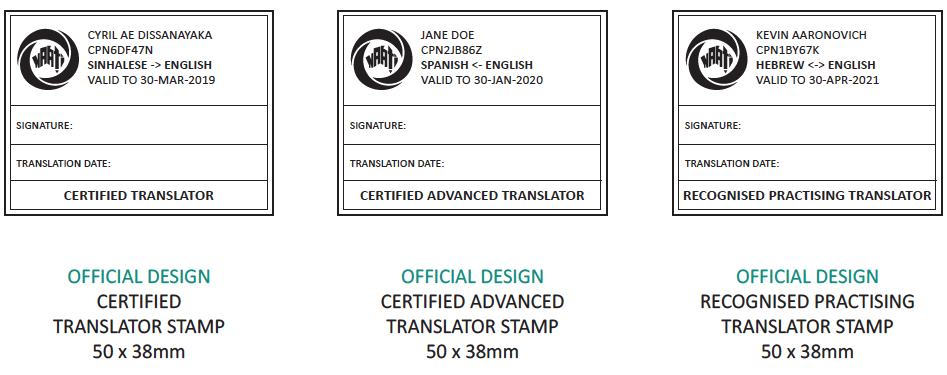Aussie Translation Services offers translation not interpretation so let’s break down the difference. Both translators and interpreters work in multicultural communication. They essentially want to provide the same basic concept, converting one language to another. However, what method they do this through and why you would need their service is the difference.
Translation
If you have a piece of writing in Chinese and you need it to be in English, you will need a translator. Translation is essentially converting written text from one language to another. A translator must be detail-orientated, as written text carries grammar that can change meaning to a sentence.
Documents needed to work and study in Australia must be translated by a NAATI recognised translator, i.e., for university, court, banks, healthcare and individual state/territory road and transport services.

Interpretation
An interpreter works to orally for spoken dialogue and speeches. For example, you may need an interpreter if you need to see a doctor who does not speak your language. An interpreter must be proficient in both the languages being spoken so they can quickly switch between them.
Translators and interpreters in action
Translators work in their own space or an office because to do their job they don’t usually need to change locations they just need the document/s in front of them. An interpreter often goes with their client, works out of an office where their services are often required i.e., a Centrelink office or they work from a booth converting dialogue on phone calls etc.
You may see an interpreter speaking after a piece of media such as when a politician makes a speech to the public, that is being broadcasted. If they are interpreting a conversation, they will need to switch between two languages as the conversation is happening to inform each person what the other has just said.
A translator takes documents you need to submit or that have been sent to you and converts it to the language the recipient speaks. i.e., You write a personal statement to the Australian Department of Home Affairs in Chinese, this would need to be translated to English to be accepted, as Australia is an English-speaking nation.
Both translators and interpreters must have cultural and contextual knowledge to properly re-iterate what a person or document is saying. Not everyone who is bilingual can be a translator/interpreter, as they must hold a greater understanding of the written or spoken components of each language, slight decrepitates in language can cause entirely different meaning to a sentence i.e., formal language in comparison to casual language or the proper use of grammar and sentence structure. Both translators and interpreters need to be certified in Australia.



